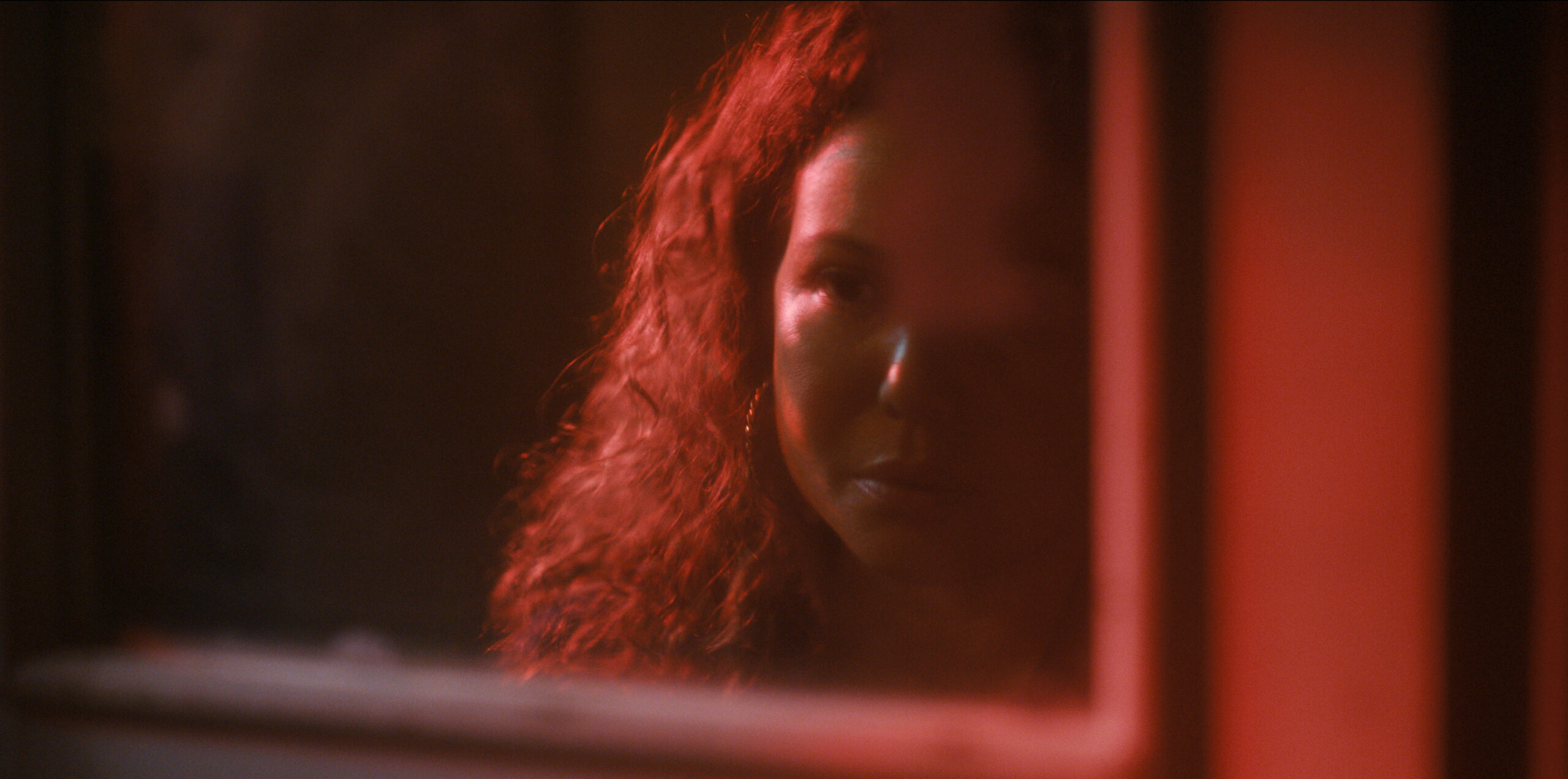We need to talk about something serious. Something that hits right to the corazon. They went and canceled Dolores Roach on Amazon Prime Video. Cue novela-style dramatic gasp. ¡No puede ser! I’m here to channel our collective frustration and lament the fact that once again, a Latiné gem got tossed aside after just one season.
Originally cooked up by Aaron Mark as the tantalizing one-woman play Empanada Loca, this show had all the ingredients for a spicy, thrilling, and deliciously dark series (even if it did taste a little like landlord). Mark, the mastermind, created, wrote, and directed the original podcast, setting the stage for the show’s move to streaming.
Justina Machado, nuestra reina, took on the role of this Latina Sweeney Todd with grace and pure ferocity. If you don’t know the basics, Dolores returns from some time behind bars to a gentrified Washington Heights, and what does she find? An old stoner friend named Luis (Alejandro Hernandez), who graciously lets her set up shop as a masseuse in the basement under his empanada joint. It’s like the beginning of a novela but with empanadas stuffed with fleshy picadillo.
The promise of her newfound stability is quickly shattered as ‘Magic Hands’ Dolores is driven to shocking extremes to survive. It’s like the universe conspired against our girl, forcing her into a Mrs. Lovett and Mr. Todd dance that I was absolutely drooling over. Drama, horror, suspense, and street snacks—it had it all!
And then, Amazon Prime Video canceled Dolores Roach after just one season. ¿Por qué? It’s like they handed us a plate of arroz con pollo and took it away after we’d taken just one bit. It’s become a sad Latiné tradition—get excited about a show, invest in the characters, and then boom! canceled.
Dolores, with her magic hands and dark secrets, was giving us a Latina antihero we could root for. It’s not every day you see a character like her on screen. We were ready for more, ready to delve deeper into her world, and ready to see what shocking extremes Dolores would go to next now that Luis is eating adobo in the sky.
The dynamic between Dolores and Luis added layers of complexity to the storyline. It didn’t matter how crazy things got in the basement, Luis was a ride-or-die, that yes, had way more than one screw loose. Society is eating itself on the daily without their help but at least now, when we can shove our feet in our mouths, they taste better than a dirty water dog in front of Penn Station. It’s survival—a primal need to keep going that connects them both. It was a symbiotic relationship born not only out of circumstance but out of a shared understanding that, in a world teetering on the edge of madness, their unconventional alliance offered a form of stability they both desperately needed. In essence, Dolores and Luis reminded me that sometimes, en medio de la locura, the most unexpected partnerships can offer a cannibalistic sabor of survival that transcends the literal and becomes a metaphor for confronting life’s most bizarre challenges.

As a horror-loving Latina, it was a breath of fresh air to see Machado in this role and not dying in the first five seconds. Dolores was our one functioning street light in the spooky night—she also answered a lot of lingering questions I’ve had about living in a basement in NYC. Alas, the powers that be decided one season was enough, and they canceled Dolores Roach.
But fear not, because we know how to rise from the ashes like a good old-fashioned telenovela resurrection of someone’s cousin’s-sister’s-wife’s-brother. Let’s raise our cafecitos in solidarity, my gente. We have to demand more from the powers that be.
We want our Latina antiheroes, our Dolores Roaches, to have more than just one season. ¡Queremos más! Because if there’s one thing we know, it’s that you don’t mess with our telenovelas—especialmente cuando se trata de empanadas. So, networks, take note: Latiné-led shows aren’t just a trend; they’re a demand. Give us characters who reflect the richness of our cultures, and we’ll tune in, week after week, ready for the drama, the laughs, and the much-needed diversity on our screens. ¡Sí se puede, TV industry!

